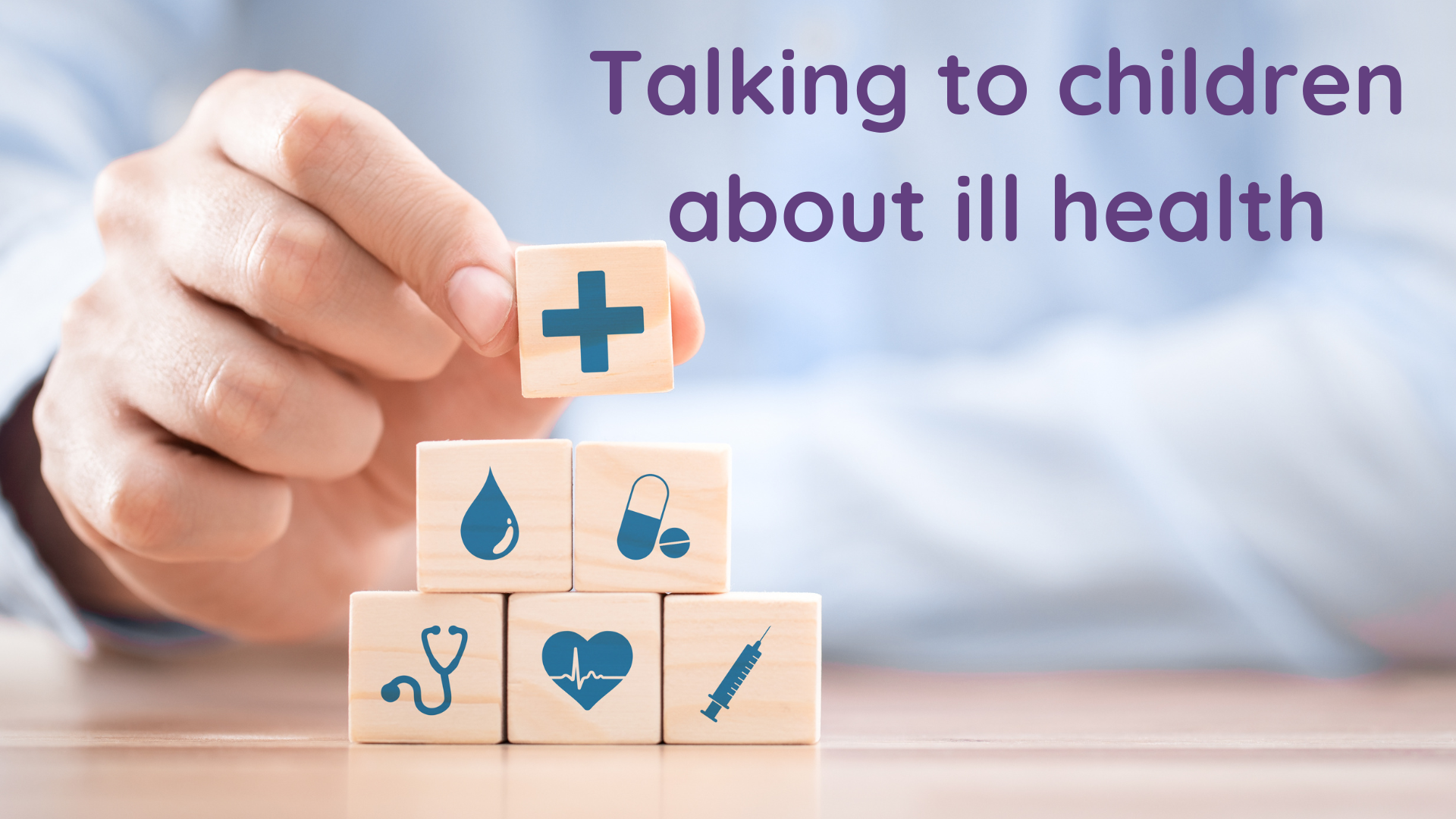A few weeks ago, a close friend reached out for some advice around how to break the news to her 10 year old son, that his grandmother has cancer and only has a very short time left.
Of course with the recent news of illness in the Royal Family, this subject is very topical.
Hopefully not within your circle anytime soon but family and friends becoming ill, is sadly an inevitability of life.
These days, we tend to be much more open and direct with children. I know my grandparents’ generation didn’t even mention the word ‘cancer’.
As parents, we naturally want to protect and shield our children from unpleasant things but they usually know more than we think and its always better to inform and prepare them. If not they will just try to put the pieces together themselves and may be misinformed.
Here are some tips on talking to children about ill-health:
(Much of this advice applies to approaching any difficult conversations with your child)
Age, stage of development and temperament
The first thing to take into account is your child’s age, stage of development and natural temperament. You are the ‘expert’ on your child when it comes to understanding them.
In most instances, younger children only need to know the basics whereas older kids can understand more and will probably have more questions.
United approach
Be clear with whoever you share caring responsibilities, to discuss and agree together what you are or aren’t saying and how you want to phrase it.
Plan the conversation
Before you speak to your child, especially if you are feeling anxious or nervous, practice saying it out loud a few times either to yourself or another adult. When is the best time and where is the best place to have this conversation?
(This is precisely what I did with my friend over the phone)
Where and when
Set aside some quiet, uninterrupted time with your child, when you can just focus purely on them.
Language
Use clear, simple and uncomplicated language. Say it as it is. Name the illness and be specific.
The impact
Let them know what you think will happen at each stage and how it might impact family life and routines. For example, “I won’t be around as much as you are used to when, as I will need to spend a lot of time in hospital taking care of…”
Tackling hard questions
Expect to have ongoing conversations as circumstances evolve and your child begins to digest the information.
Allow them to ask any questions and know that it’s totally OK not to have all the answers. If you don’t feel comfortable answering on the spot, say something like “Let me find out and I’ll come back to you.” Or “I want to think about the best way to explain this.”
Feelings
Be open to sharing your feelings and acknowledging or validating theirs. They may feel anger, sadness, fear or anxiety but those emotions may be communicated through changes in behaviour rather than being expressed in words.
Many children and adults prefer to express their feelings through activities such as drawing or journaling.
Taking action
Brainstorm with your child what they can do to support or help to comfort the person who is ill. This helps them to feel more connected. What acts of kindness can they participate in? For example visiting, making a card, video message, regular calls, preparing food, meaningful gifts etc.
Support
Who else can support your child if they find it difficult to talk to you? Perhaps it’s another family member such as an older cousin or aunt, a teacher, a trusted neighbour or religious leader. Perhaps they even need specialist support depending on the severity and impact of the illness through play therapy or counselling.
There are loads of fantastic resources online.
This is a really detailed and helpful one that I stumbled across.

